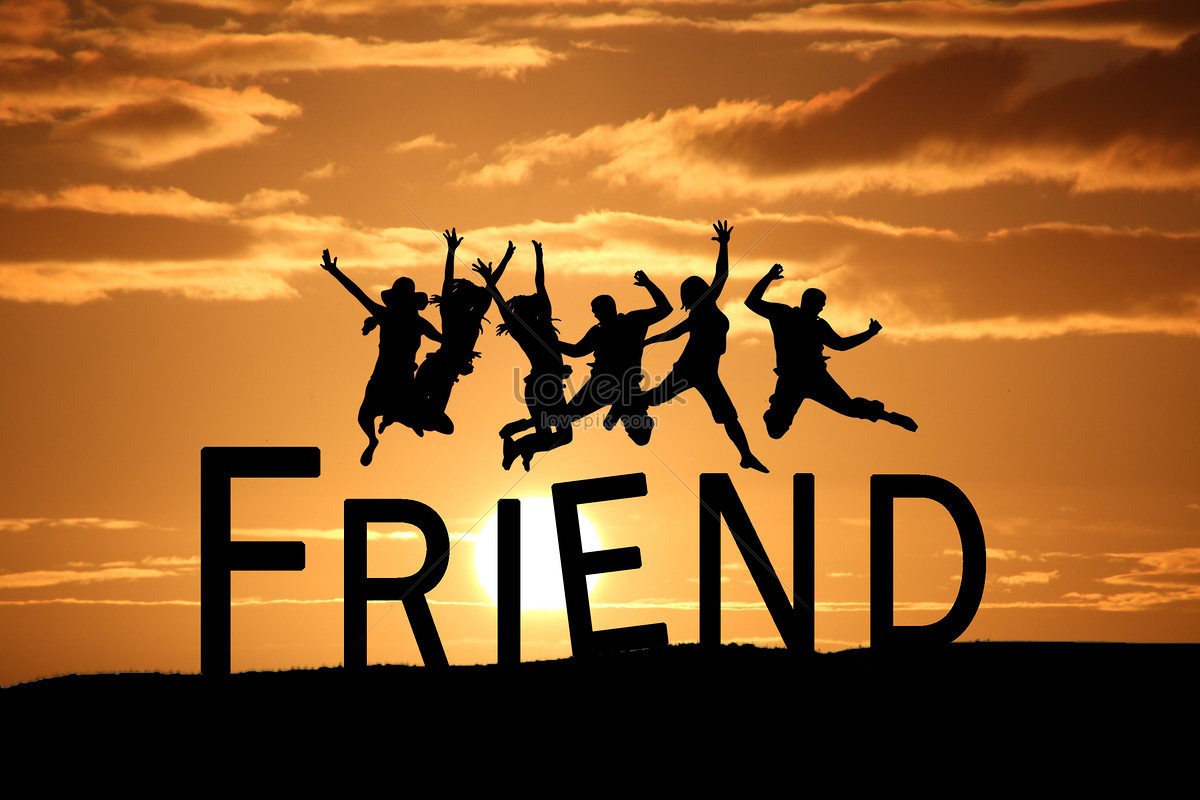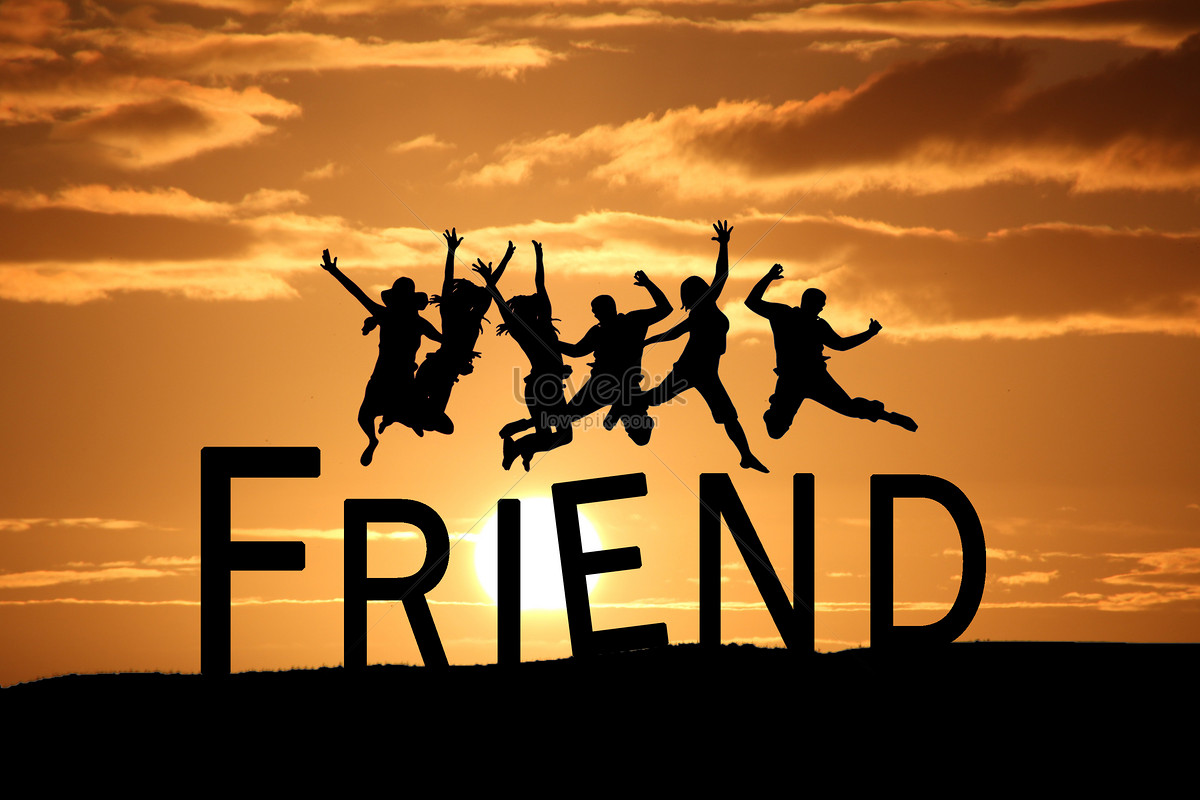Friendship, in its most fundamental sense, is a universal human experience, a bond woven from shared moments, mutual respect, and unwavering support. Yet, like all profound human connections, it takes on unique hues and depths when viewed through the lens of specific cultures and languages. In the Hawaiian language and the rich cultural ethos it embodies, the concept of friendship transcends a mere social agreement; it becomes a deeply rooted, multifaceted tapestry woven with threads of aloha, kuleana, ʻohana, and an intimate connection to the ‘āina (land). To understand friendship in a Hawaiian context is to delve into a philosophy of interconnectedness, reciprocal responsibility, and unconditional love that shapes not just individual relationships but the very fabric of community.
The Hawaiian language offers more than just direct translations for "friend"; it provides a spectrum of terms that reflect varying degrees of intimacy, commitment, and shared experience. The most common terms include hoa and hoaloha. Hoa is a general term for a companion, an associate, or someone with whom one shares an activity. It can be casual, referring to a travel companion (hoa huakaʻi) or a workmate (hoa hana). Hoaloha, however, elevates this connection significantly. The prefix "hoa-" indicates a companion, and "aloha" imbues the term with love, affection, and compassion. Thus, a hoaloha is more than just a friend; they are a beloved companion, someone held in high esteem and affection. This term immediately signals that the Hawaiian understanding of friendship is inextricably linked to the core value of aloha.
Beyond hoaloha, there is the term aikāne, which denotes an even deeper, more intimate, and often lifelong bond. Historically, aikāne could refer to a very close, trusted friend, a confidant, or even a lover, encompassing a profound emotional and spiritual connection. It suggests a relationship of profound trust, shared secrets, and unwavering loyalty, often implying a bond akin to chosen family. The nuance of aikāne highlights that Hawaiian friendship isn’t simply about superficial camaraderie but about forging deep, enduring spiritual and emotional connections that stand the test of time and adversity. These linguistic distinctions are not arbitrary; they are reflections of a cultural understanding that recognizes the varying levels of commitment and emotional investment inherent in human relationships.
At the very heart of Hawaiian friendship, indeed at the core of all Hawaiian values, is aloha. Often superficially translated as "hello" or "goodbye," aloha is a profound philosophy encompassing love, affection, compassion, kindness, grace, and empathy. When aloha infuses a friendship, it means approaching the relationship with an open heart, genuine care, and a willingness to give without expectation. A hoaloha practices aloha by listening intently, offering comfort during times of sorrow, celebrating successes with genuine joy, and extending forgiveness when mistakes are made. It’s an active, giving form of love that prioritizes the well-being and happiness of the friend. The expression Aloha kekahi i kekahi – "Love one another" – is a guiding principle that applies powerfully to friendships, urging individuals to nurture and sustain these bonds with deep affection and mutual respect.
Another crucial pillar supporting Hawaiian friendship is kuleana. This term is often translated as "responsibility," but it carries a much deeper meaning, encompassing a sense of privilege, duty, and reciprocal obligation. In a friendship, kuleana means understanding that one has a responsibility to care for their friend, to support them, and to contribute positively to their life. It’s a two-way street: just as one expects support from a friend, one is also obligated to offer it freely. This extends beyond emotional support to practical assistance, sharing resources, and standing up for a friend when they are in need. The concept of kuleana ensures that friendships are not one-sided but are built on a foundation of mutual contribution and accountability, fostering a sense of shared destiny and collective well-being.
The concept of ʻohana also profoundly shapes Hawaiian friendship. ʻOhana traditionally refers to family, not just immediate blood relatives, but an extended network of cousins, aunts, uncles, and even adopted members. Crucially, in Hawaiian culture, close friends are often integrated into one’s ʻohana. This means that a hoaloha or aikāne is treated with the same love, loyalty, and commitment one would offer a sibling or a parent. When a friend becomes ʻohana, they gain an enduring support system, a place of belonging, and an unconditional acceptance that transcends typical social boundaries. This integration means shared histories, shared meals, shared burdens, and shared celebrations, creating a bond that is truly lifelong. The saying "ʻAʻohe hana nui ke alu like" – "No task is too big when done together" – perfectly encapsulates the ʻohana spirit that extends to friendships, emphasizing collective effort and mutual support.
Furthermore, Hawaiian friendship is deeply intertwined with the concept of lōkahi, which means unity, harmony, and coming together. A strong friendship fosters lōkahi between individuals, creating a harmonious partnership where differences are respected, and common ground is sought. This unity is not just about agreement but about a shared spirit and a collective effort towards common goals or simply towards living a balanced and joyful life. When friends embody lōkahi, they move through life together with a sense of shared purpose, supporting each other’s aspirations and navigating challenges as a united front. This harmony extends beyond the personal realm, often manifesting in laulima, the concept of many hands working together, where friends readily assist each other in tasks, embodying a practical expression of their unity and shared kuleana.
The environment, the ʻāina, also plays an understated yet significant role in shaping Hawaiian friendship. The deep connection to the land, the mountains, and the ocean fosters a sense of shared heritage and responsibility. Friends often share experiences in nature – fishing, hiking, farming, or simply enjoying the beauty of the islands together. These shared moments in the natural world strengthen bonds, grounding relationships in a sense of place and belonging. The aloha ʻāina (love for the land) often translates into a shared kuleana to protect and mālama (care for) the environment, a responsibility that friends can undertake together, further deepening their connection through shared purpose.
In contemporary Hawaiian society, these traditional values continue to shape the understanding and practice of friendship, even amidst the influences of modern global culture. While the pace of life may have changed, the essence of aloha, kuleana, and ʻohana in friendship remains a guiding principle. True hoaloha are still sought for their loyalty, compassion, and willingness to stand by one another through thick and thin. The warmth of hoʻokipa (hospitality) is extended to friends, welcoming them into homes and lives with generosity and openness. Storytelling and sharing of manaʻo (thoughts, ideas, feelings) remain vital components of deepening friendships, allowing for the exchange of wisdom and personal narratives that build understanding and empathy.
In conclusion, friendship in the Hawaiian language and cultural ethos is far more than a casual acquaintance. It is a profound, active, and reciprocal relationship steeped in the foundational values of aloha, kuleana, ʻohana, and lōkahi. The terms hoa, hoaloha, and aikāne reflect a spectrum of intimacy and commitment, each imbued with a sense of love, responsibility, and unity. Hawaiian friendship is about extending one’s family to include chosen companions, embracing them with unconditional support and shared purpose. It is a testament to the power of human connection, demonstrating how cultural values can elevate a universal concept into a deeply meaningful and enduring bond, a vibrant tapestry of trust, woven with the heart and soul of Hawaiʻi. Such friendships are not merely cherished; they are lived, nurtured, and celebrated as essential components of a rich and fulfilling life.


